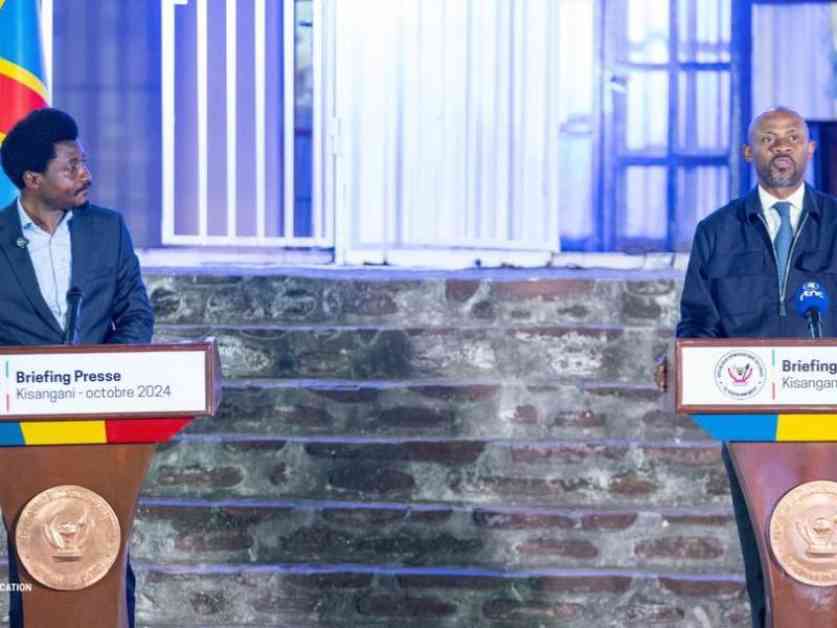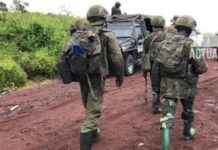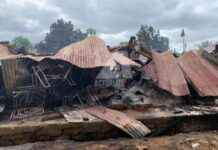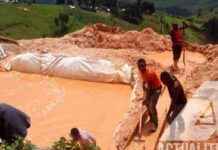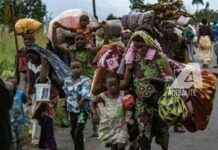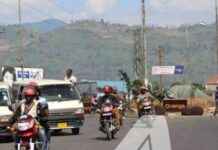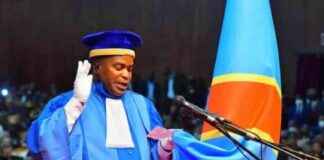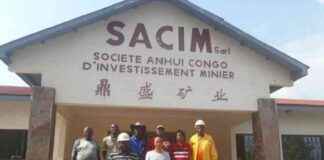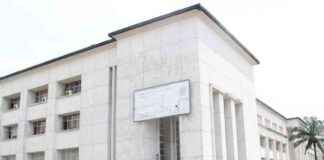**The Death Penalty in DRC: Upholding Human Rights Commitments**
The Democratic Republic of Congo (DRC) has recently made headlines for its decision to resume the implementation of the death penalty, sparking a wave of criticism from human rights organizations, opposition groups, and the international community.
Resurgence of the Death Penalty
The death penalty had not been carried out in the DRC since 2003. However, following the resurgence of the M23 rebellion supported by Rwanda, the government made the controversial choice to reinstate this practice. This move has been met with backlash from various sectors, with concerns raised about the country’s human rights commitments.
Government Justification
Despite facing criticism, the government of Kinshasa stands by its decision, asserting that the execution of the death penalty does not contradict its dedication to upholding human rights. Minister of Communication and Media, Patrick Muyaya, emphasized the unique challenges faced by the DRC, including ongoing conflicts and aggression, which necessitate a strong response from the government. He reaffirmed the country’s commitment to progress in various areas, including media, disability rights, and overall human rights advancements.
Security Concerns
The situation in the North Kivu province has been particularly precarious, with continued violence between the FARDC-Wazalendo coalition and M23 rebels backed by Rwanda. The Council of Defense called for the lifting of the moratorium on the death penalty specifically for cases of treason within the defense and security forces. This decision was made during a high-level meeting chaired by President Félix Tshisekedi, highlighting the gravity of the security challenges faced by the country.
Justification for Resuming Death Penalty
In response to rising acts of terrorism and urban crime resulting in loss of life, Justice Minister Rose Mutombo issued a circular to prosecutors, officially lifting the moratorium on the death penalty. The government views this as a necessary step to root out traitors within the military ranks and combat the increasing violence in urban areas.
The decision to reintroduce the death penalty in the DRC reflects a complex interplay of security concerns, regional conflicts, and the government’s response to internal challenges. As the country navigates these turbulent waters, the global community watches closely, weighing in on the delicate balance between justice, security, and human rights.
